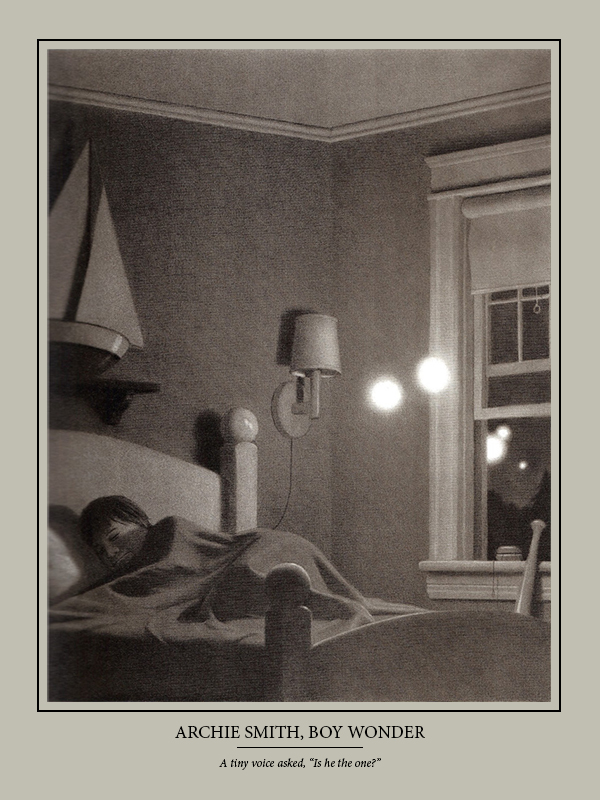I have sometimes called this my boring wilderness family story, but others have said it is not so boring. I wrote it for a Short Fiction class that I took in the spring of 2012.
The Hike
I’d been in the wilderness going on three days when I first met them. They were a family of four coming down the trail looking bedraggled as could be.
“We saw your fire,” the man said. “You don’t happen to have a phone we could use? One of our canoes tipped earlier, and we lost most of our gear.”
“Afraid not,” I replied. “I feel like it’s a distraction, and besides, the reception is spotty at best.”
“But you must know which way we need to go to get out of here.” he stated more than asked.
“Well, there’s a major campground a good day’s hike that way,” I said as I pointed. “You’ll be able to find help there. Lost your GPS too?” I asked.
“Damn thing’s probably at the bottom of the lake.”
I looked again at his family. Wife, two kids under ten, one boy and one girl. They looked like a model American family.
“We went camping to get away from it all,” the man said. “Then we end up lost, tired and hungry.”
“It’s a bit late to start hiking now,” I said. “Why don’t you camp here tonight? I’ve got a little food, and I’ll walk you out in the morning.”
“I guess that’ll have to do,” he said. “We managed to save the tents from the lake. I’ll get them out and see how bad the damage is.”
“Thank you so much for your help,” the woman said. Up until now she had been patiently waiting while her husband and I spoke.
As we examined the tents, the man told me that his name was Roger, his wife was Amy, and the kids were Nathan and Mabel.
“Mabel must be a family name,” I said.
“Yeah, Amy had an aunt named Mabel.”
“Me too,” I said, “Except that it was my great-aunt.”
“You don’t think you two are related somehow?” He asked.
“Nah,” I replied. “I’m sure there are enough old Mabels to go around.” We looked over at his wife as she tried to keep the kids under control and laughed.
I struggled with how much food I should prepare for my guests. I finally decided that I would heat everything except for the granola bars, and those would be saved for the next day.
“So, what do you do?” Amy asked over our meager supper. “When you’re not helping beleaguered campers, that is.”
“I work in a grocery store,” I said. “Stocking shelves, helping beleaguered customers. That kind of thing.”
“Was that your dream when you were a kid?” asked Roger. “Working in a grocery store?”
“I don’t think anyone dreams of working in a grocery store.” I said to them. “Honestly, I never had many dreams. For a while, I thought I wanted to be a doctor. That was before I found out that I’d have to go to school for eight years to become one. What about you guys? What do you do?”
“I work in finance,” said Roger.
“I stay at home with the kids, now,” said Amy. “Before that, I was an administrative assistant.”
“You two didn’t work together, did you?” I asked.
“Yeah, yeah we did,” Roger said with a sigh, like he knew exactly what was coming next.
“So, you married your secretary?”
“Well, there were only two secretaries for the entire department,” he said. “But yeah, I married the secretary.”
I couldn’t help myself and started to laugh, and before long, we were all laughing together. The kids were running around and playing in the darkness, seemingly unfazed by their harrowing day or our conversation, but it wasn’t long before we all turned in for the night.
––––––––––––––––––––––––––––––––––––––––
I woke with a start, alone in the woods. At least I thought I was alone. No, I wasn’t alone, and not in the woods. I was in a park. In fact, it was a park I had spent some time in during my childhood. There was a bridge across the river there.
As I approached the bridge, I saw Nathan walking alongside the edge. This wasn’t right, they had put up fences so that you couldn’t walk that close to the edge, and where were his parents? I decided I better round him up before his mother saw him out there.
“Nathan,” I called out to him. He turned around, smiled and waved, but kept going across the bridge. He wasn’t far ahead, so I picked up my pace and quickly caught up to him.
“Your mother would probably have a heart-attack if she saw you out here like this,” I said as I walked alongside him.
“Where is she?” Nathan asked.
“I’m not sure,” I replied. Then I looked back to the park. Where was the rest of his family? “Maybe they…” I started to say, but then realized Nathan was no longer there. There was nowhere to go, and he hadn’t fallen over the edge. He couldn’t have fallen over the edge. I looked down, only to see the water raging far below in the depths of the river gorge. I suddenly felt weak, dizzy, disoriented.
I woke again, this time back in my tent. It was still dark. I closed my eyes and tried to go back to sleep.
––––––––––––––––––––––––––––––––––––––––
The next morning we started out early. I knew the way back to civilization fairly well and my charges trusted in my ability, so we walked and walked. It was about midday that I heard a noise behind me.
“Ah,” a voice cried out. I looked back to see Mabel on the ground, holding her ankle. Instantly, her father was at her side. How did he move that fast?
“Let’s see if she can put weight on it.” I suggested.
“Roger, I told you that we’re pushing these kids too hard,” Amy said to her husband.
This was really starting to annoy me. I was going out of my way to help these people, and all they could do was complain. Amy had been going on about our fast pace all morning. She said that the children weren’t used to such exertion, but I didn’t see that we had a choice. It would be even more difficult to make the hike after another night, especially with no more food. Still, Mabel’s ankle was twisted. After that, Roger and I took turns carrying the girl. What had been a relatively leisurely day of hiking with this family had suddenly turned into quite a chore.
––––––––––––––––––––––––––––––––––––––––
Several hours later, after all the food was gone and we were nearing our destination, Roger returned to our conversation from the previous night. “So, you thought about becoming a doctor, but you didn’t want to go to school. Did you attend college at all?”
“I tried for little while,” I said.
Why was this guy so interested in my education? And why was I letting it get to me?
“I was going to work and going to school,” I continued. “But it seemed like I never had any time or money for what I wanted, so I stopped going to school.”
“I suppose I can understand that,” replied Roger. “Do you ever think about going back?”
“Sometimes,” I said, reluctantly admitting this to myself as well.
“Well then,” replied Roger. “Maybe it’s time to do more than think.”
That’s—when I hit him. I don’t know what I was thinking. He was still carrying his daughter on his back, but something just snapped. I balled up my fist and pounded it into his jaw. Surprisingly, nothing happened. He didn’t lose his balance. There were no cries of outrage. The whole family just stared at me calmly.
“I’m sorry?” I said.
“Why be sorry now?” replied Roger. “You’ve been fighting with yourself all week, even before we met you.”
“Fighting with myself?” I asked. “Is that supposed to sound esoteric? Look, I know it’s been a long day, but we’re almost there. In fact, we should be able to see the campgrounds from the top of this hill.”
I looked ahead, toward the horizon and said, “See? There it is.”
But when I looked back, they had gone. Where could they have gone?

